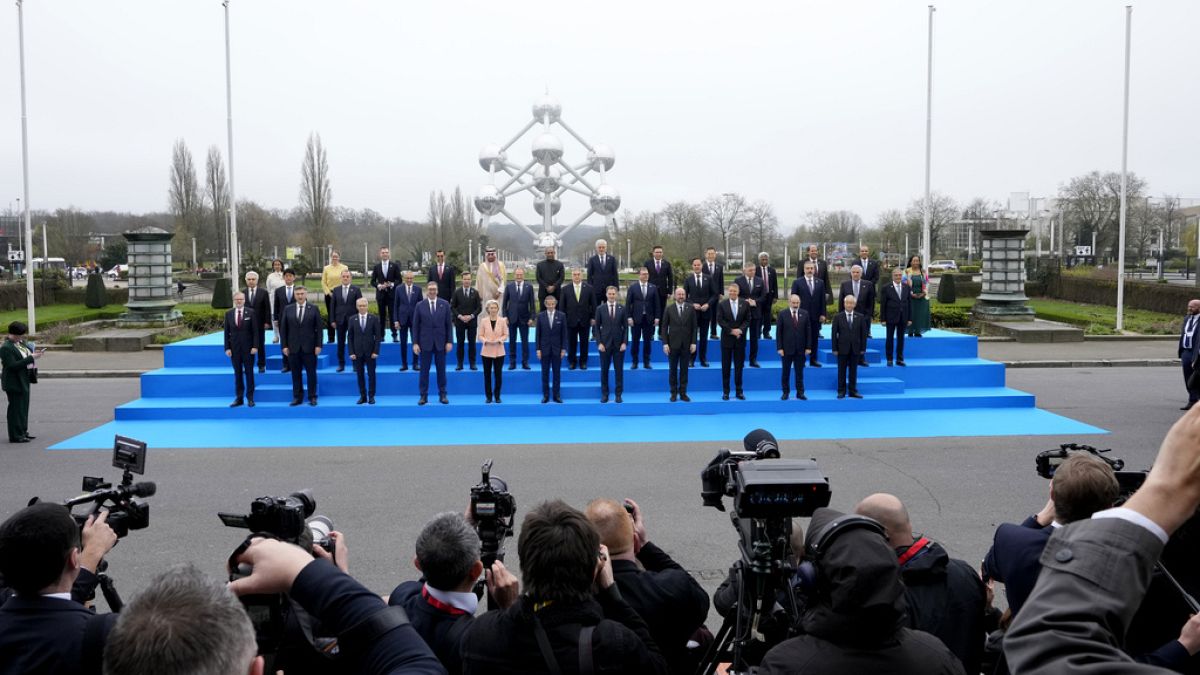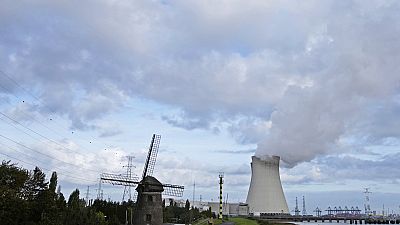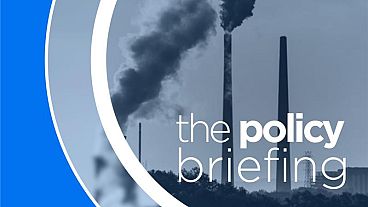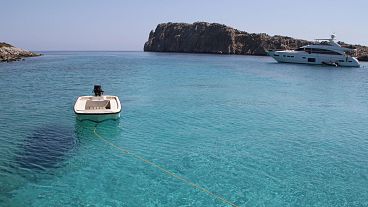Advocates hailed nuclear power as an enabler of energy security and sovereignty and a reliable option to mitigate climate change.
EU leaders from 11 member states backed a declaration in support of nuclear energy during a conference in Brussels today (March 21) aimed at attracting support from development banks to finance the deployment of new and maintenance of existing power plants.
Belgium, Bulgaria, Croatia, Czechia, Finland, France, Hungary, Italy, the Netherlands, Poland and Sweden were among signatories of the declaration, which called on regulators to “fully unlock” the potential of nuclear and to “enable financing conditions” to support the lifetime extension of existing nuclear reactors.
“We call for greater inclusion of nuclear energy in the Environmental, Social, and Governance (ESG) policies in the international financial system, considering that it is one of the zero emission sources of power generation,” read the declaration.
More than 400 CEOs entrepreneurs, scientists and political leaders were gathered for the event at Brussels EXPO, in the shadow of the city's landmark Atomium, for a Nuclear Energy Summit hosted by Belgian Prime Minister Alexander De Croo and International Atomic Energy Agency (IAEA) Director General Rafael Mariano Grossi.
Traditional anti-nuclear member states like Austria, which sued the European Commission for including nuclear in the taxonomy, did not participate.
Signatories pledged to “enhance cooperation to enable timely deployment of advanced reactors”, including small modular reactors (SMRs), and committed to a “coordinated cooperation in nuclear fuel supply, equipment manufacturing and resource security” to ensure the stability of the nuclear energy industrial and supply chains.
Commission President Ursula von der Leyen said the “renewed interest” in nuclear came at a “pivotal moment” to reach the EU’s climate goals, notably to “safeguard energy security and competitiveness”.
EU leaders cited the energy crisis and the bloc's reliance on overseas fuel sources as major reasons to pursue nuclear power, alongside its “potential to decarbonise energy systems” and “provide affordable electricity”.
“Investments need to accelerate” and “governments need to step up support to ensure financing is available,” von der Leyen told the meeting, adding that the future of nuclear “depends on the industry’s ability to deliver on time and on budget”.
“One of the main barriers is securing funding,” said Swedish Prime Minister Ulf Kristersson. “It’s necessary that governments share financial risks and provide incentives and that multinational development banks join in,” he added.
Romanian President Klaus Ioannis called for unified action, saying “public and private financing” was “crucial” as well as the “expansion of investments in researching nuclear materials”.
Croatian Prime Minister Andrej Plenkovic said the Balkan state had invested €300m to keep nuclear plants operational until 2043, and called on the European Investment Bank and “other relevant financial institutions” to step forward.
Plenkovic urged the EU to develop a strategy for nuclear fusion designed to ensure the bloc's role as a key player in the development of fusion energy.
“We will continue to rely on nuclear power as a major power in our energy balance,” said Bulgarian Prime Minister Nikolai Denkov.
Czechian Prime Minister Petr Fiala called for "collective respect” to be granted to nuclear energy and called for it to be included within the strategy of the EU executive appointed following the EU elections.
De Croo, currently holding the rotating EU Presidency, said the bloc should adopt a “comprehensive approach, embracing different energy sources”, adding that nuclear energy should “complement” ongoing investment in renewables.



